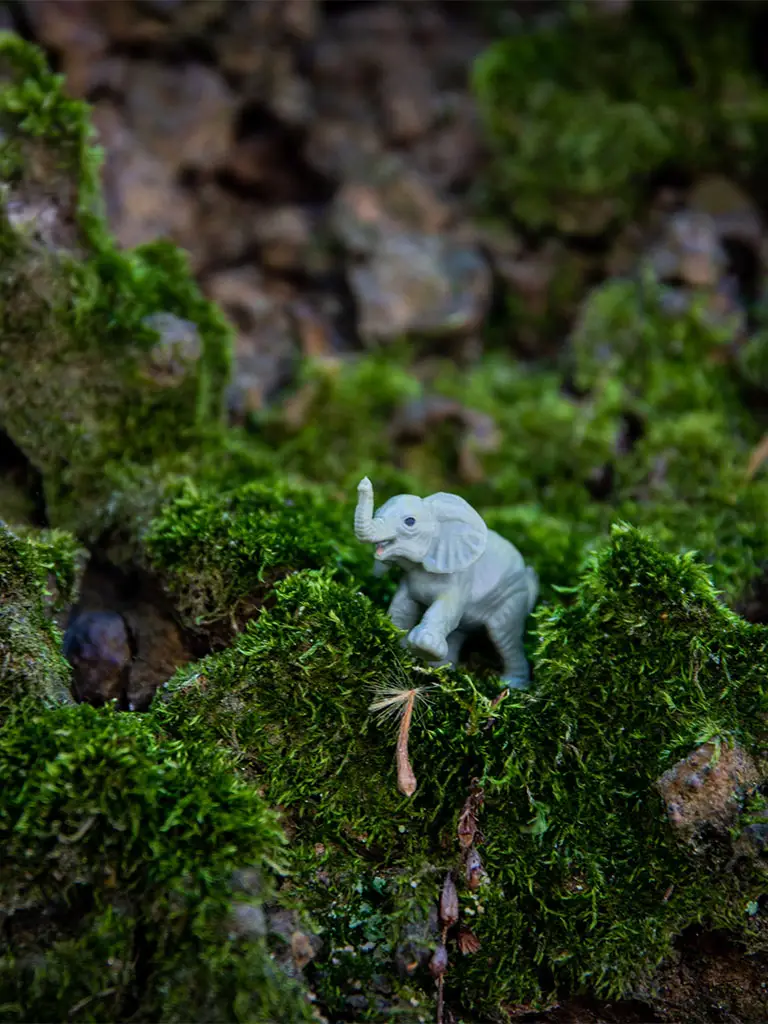The majority of us may have experienced social scenarios, where we deliberately drop snippets into our conversations about how we are doing our bit for climate change. Classics include having ‘meat free Mondays’ or how we took the train to France last summer rather than hopping on a cheap carbon chugging flight. While these efforts are applaudable (we hope), there is an interesting psychological and social aspect of feeling the pressure to be seen to be doing the right thing environmentally. For every spoken valiant sustainable effort, do we omit from conversation or even to ourselves the multitude of polluting behaviours we have committed that week. Is the reason for this the potential elicited feelings of guilt or fear of social climate change judgement?
Climate Change Judgement: Navigating Social Perceptions
How many times have you heard people say: “I care about the planet but I only live once.” Or “I don’t want to miss out on opportunities to travel, eat steak, or be happy?” This avoidance of acknowledging the gravity of climate change and reluctance to engage with any attempts to change behaviours may be attributed to a number of reasons.
Climate Change Guilt
Every day as humans, we must engage in constant choices. For example, cereal or eggs for breakfast, drive or cycle to work, etc. The thought of compromising on lifestyle choices when the outcome will provide inconvenience to the individual can result in our environmentally good intentions disappearing. Quick, easy decision making creates a dopamine boost and convenience is often detrimental to the planet. Humans have a great survival instinct, which is generally linked to individualism rather than big picture thinking. Humans regularly engage in cognitive dissonance in relation to climate change. Meaning, we know certain behaviours are damaging, but the constant avoidance of addressing these behaviours provides a comforting internal consistency.
Small Cog Mentality
We are tiny cogs in a mind blowingly large machine. Perceived helplessness describes the feeling that action is pointless because the problem is too large. Climate change is a huge global issue, which can feel overwhelming and be a source of anxiety. It is easier for people to ignore the issue and avoid the topic completely to protect their mental health.
Awareness
Sometimes we just live in a bubble, away from the news and blissfully unaware of the natural catastrophe unfolding before us. This innocent lack of knowledge means that people just continue as usual with their lifestyle choices. Subsequently, they are oblivious to the world’s environmental challenges.
Climate Change Denial
Political and ideological differences in the population result in individuals who do not believe in the science of climate change. Therefore, there are no behavioural changes in relation to planet protection, simply because it is not deemed relevant. Further down the spectrum, there are climate change sceptics, who are unsure of the truth reported by climate scientists. This social group belives that climate change is potentially an issue, but that it is exaggerated.
In this potentially heated discussion, it is more important than ever to talk to people in an open, encouraging and non-judgemental manner. Crucially, even the smallest positive action should be encouraged. Climate change is a complicated and multifaceted issue. The promotion of environment education to raise awareness of the issues faced by the world might open important conversations. Instead of evoking guilt in individuals, encourage the importance of crowd mentality. Meaning that small actions make a big difference and promote positive change when combined as a force.








